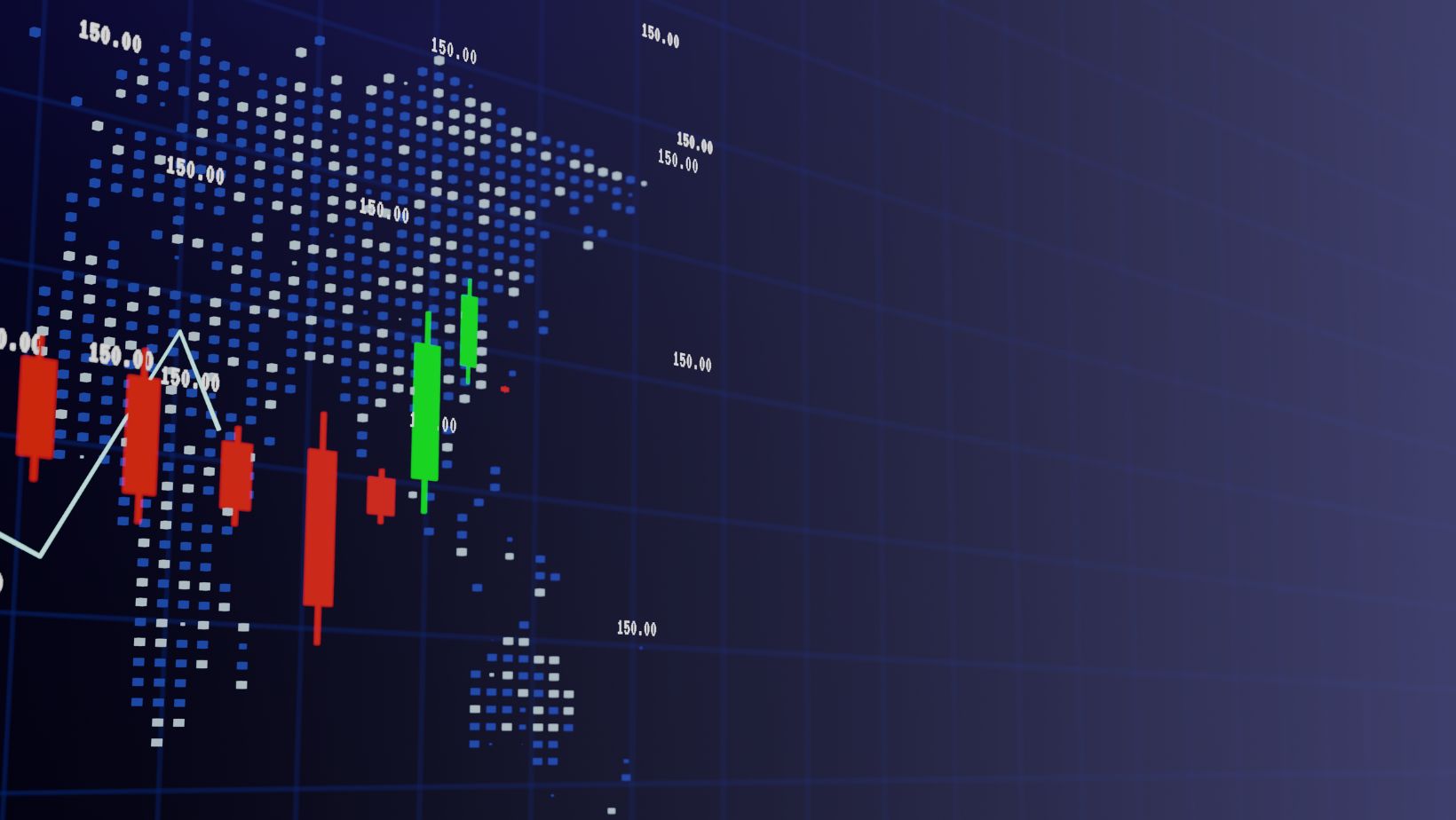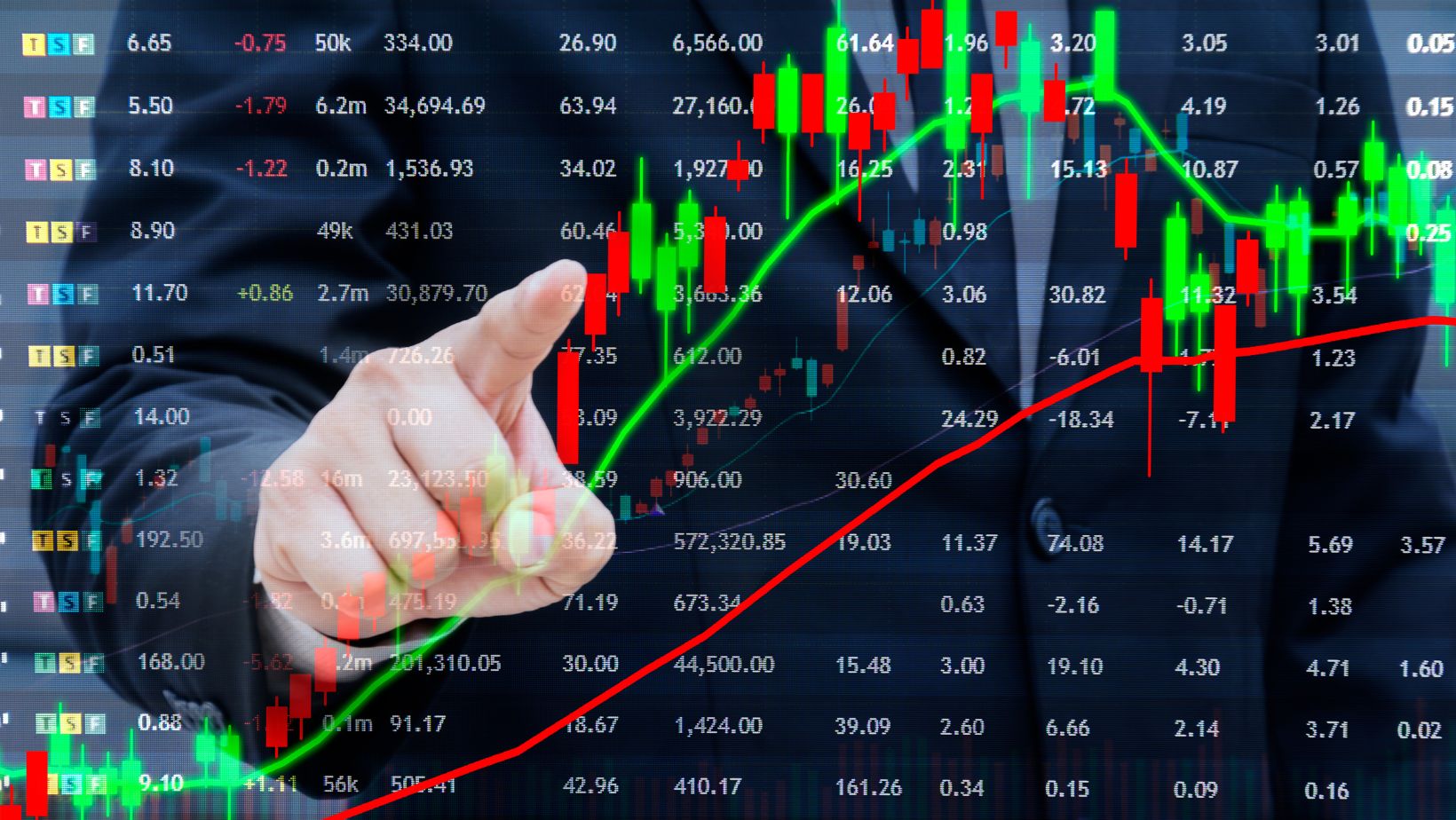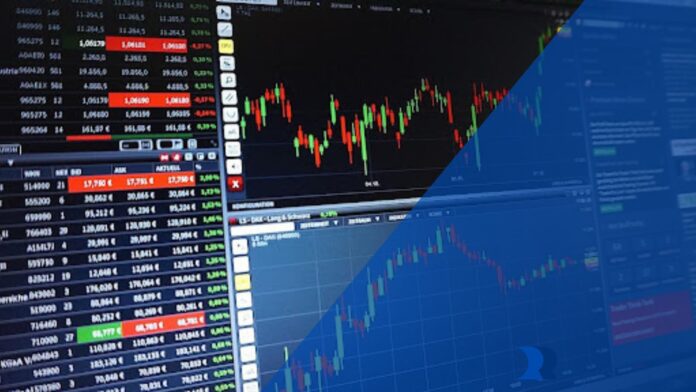Forex traders buy and sell currencies 24 hours a day, five days a week; the market never sleeps. As any experienced trader knows, the forex market is primarily driven by economic factors like interest rates, inflation, and economic growth. However, political events can and do have a significant impact on currency prices and forex market volatility, and it’s important to be aware of this before you start trading currencies.
Major Political Events
Certain major political events like a US election tend to have an outsized effect on forex markets. These events create uncertainty and cause traders to reevaluate the economic prospects of a country.
Some examples of impactful political events include:
- Elections – Election outcomes can shift economic policy and affect currency valuation. For example, elections that favor protectionist policies could weaken a country’s currency, and the election of a divisive leader like Donald Trump can send markets into disarray.
- Leadership changes – When a new administration takes power, their economic agenda can impact currency prices. Traders speculate on future policy based on campaign promises.
- Geopolitical conflicts – Wars, annexations, sanctions, and diplomatic disputes can all cause volatility in forex markets. Conflict breeds uncertainty which makes currencies fluctuate wildly.
- Referendums – Votes on major issues like European Union membership, as in Brexit, directly impact currency prices as outcomes reshape economic relations.
- Government shutdowns – When partisan gridlock forces a government shutdown, it signals political dysfunction that could harm economic growth. This tends to weaken a country’s currency.
Factors Driving Volatility
There are a few key factors that determine how much impact a political event will have on the forex market:
- Economic significance – The more a political event affects fiscal and monetary policy, the more it will influence currency values and forex volatility. Elections in major economies see higher volatility than minor ones.
- Uncertainty and surprise – The less an outcome is anticipated by markets, the more shocked traders will be at the result, which will cause especially violent swings in currency prices.
- Market positioning – If traders have heavily bought or sold a currency in advance of an event, unexpected outcomes will spark a rush to reverse those positions, amplifying volatility.

- Liquidity – When political turmoil causes uncertainty, traders clamor for liquidity and shift money into safe-haven assets and currencies, like the US dollar, Japanese Yen, and Swiss Franc.
Currencies Most Affected
While all currencies are impacted by major political events, a few countries’ currencies are especially sensitive:
- Commodity currencies – Currencies of commodity-exporting nations like Canada and Australia fluctuate with commodity prices which move based on global growth projections.
- Euro – The euro is closely tied to economic stability in Europe. Political crises in member countries or within the EU itself tend to undermine the euro.
- British pound – As an international banking center and the site of Brexit, the UK is vulnerable to currency fluctuations caused by domestic politics.
The Impact on Emerging Market Currencies
Emerging market currencies face added risks from political uncertainty and instability. Factors such as weak institutions, graft, and social unrest amplify the impact that major political events can have on emerging market currencies.
For example, elections featuring anti-market populist candidates in places like Mexico, Brazil, and South Africa could spark fears of protectionist policies that undermine emerging market exports. This tends to cause a sell-off in those currencies. Meanwhile, transitions of power in emerging markets are more fraught than in advanced economies, leading leadership changes to boost volatility.
Geopolitics are also crucial, as conflict between global powers like the US and China over spheres of influence often plays out in emerging market countries. This can be seen in the US-China trade war causing collateral damage to South American economies reliant on commodity exports to China.
Lastly, domestic protest movements fueled by inequality and corruption represent latent political risk in emerging markets. While largely contained, widespread social unrest could destabilize local economies and currencies.
Trading Around Political Events
Around major political events, traders should be cautious and prudent in their strategies:
- Price gaps – Volatility around events can create price gaps and liquidity shortages. Use stop-loss orders judiciously to limit downside.
- Event risk – Avoid holding large currency exposures before major events where outcomes are unknown. Manage risk accordingly.

- Hedging – Consider hedging exposures using currency options to limit potential losses from adverse political outcomes.
- Follow the trends – Trade in the direction of the prevailing long-term trend around the event, rather than trying to predict outcomes.
While unpredictable, political events provide tremendous trading opportunities thanks to the volatility they generate. Following smart risk management practices allows traders to profit from this volatility. Using a risk free trading platform that lets you access all the latest technical tools can help ensue you can make informed trading decisions.
By understanding which political developments move markets, traders can succeed in the fast-paced world of forex.


